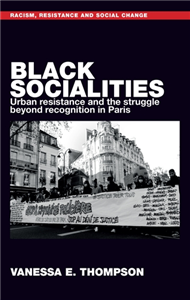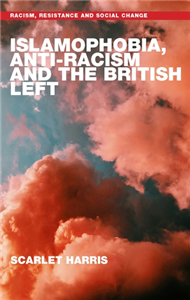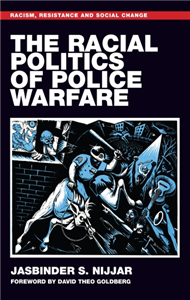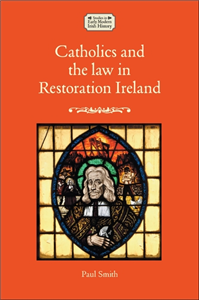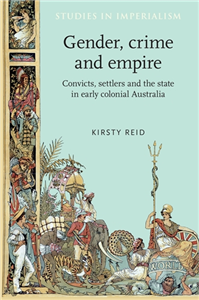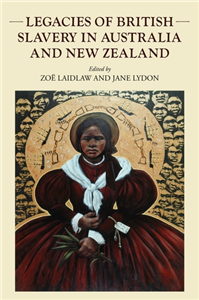Mary Abouchaar
Every story describes a wish that Tyler makes, the steps he takes to obtain it, and the reason why he gladly grants it to a dear one. In "Tyler's Promised Gift" Tyler works hard to obey his mother's commands in anticipation of receiving his promised 'little red car". At his birthday party he offers the car to a younger, sad, and crying guest. In "Tyler's Baby Sister" Tyler tries to get his mother to focus her attention again on him instead of on his baby sister, Tia. Tyler finally realizes that helping his mother to give more care to Tia gave him the most satisfaction. In "Tyler's Acting Practice" Tyler spends hours perfecting his aim when using a slingshot. When he was finally ready to play the part of David in the school play "David and Goliath", he noticed that his friend Joel, who was new to the school this year, was being bullied and excluded from all games because he was missing the net whenever he tried to shoot a basketball. Heroically, Tyler offers the role of David to Joel when he learns that Joel excels at aiming pebbles with his slingshot. His plan to reverse the students' disrespect towards Joel succeeded when everyone in the school auditorium cheered Joel for his perfect aim at the helmet of Goliath. In "Tyler's Lunchbox Treat", Tyler could hardly wait for lunch break to bite into the krispy marshmallow treat his mother had baked for him. When Tyler discovers that the sandwich of his lunch companion was missing, and that he couldn't share his peanut butter sandwich with him because his companion was allergic to peanuts, Tyler gives him his krispy marshmallow square. Tyler always feels like a winner at the end, and not at all a loser. Children and parents are happy to arrive at the ending of each story.
View Rights Portal







